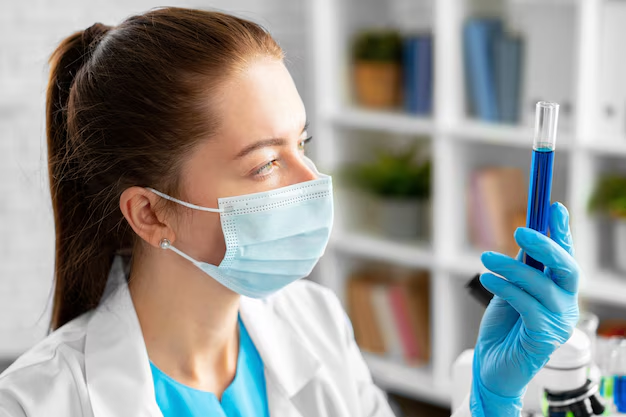How To Become A Clinical Laboratory Scientist: Degrees and Certifications Needed
Embarking on a career as a Clinical Laboratory Scientist requires a solid educational foundation and applicable certifications. Typically, aspiring professionals begin their journey by obtaining at least a bachelor's degree in a field such as medical technology, clinical laboratory science, or a life science discipline. This foundational academic grounding equips students with the theoretical knowledge and practical skills necessary to excel in the laboratory environment. Moreover, engaging in formal clinical training programs or internships offers invaluable hands-on experience, reinforcing classroom learning with real-world application.
After completing a degree, candidates often pursue certification to enhance their credentials and job prospects. Obtaining certification from recognized bodies, such as the American Society for Clinical Pathology (ASCP) Board of Certification, is a pivotal step. Depending on the state, aspiring Clinical Laboratory Scientists might also need to secure licensure, which typically involves passing state-specific examinations. By pursuing continuing education opportunities, professionals in this field ensure they remain current with technological advancements and evolving industry standards, further solidifying their expertise and reputation in the healthcare landscape.
Key Degrees & Certifications for Aspiring Clinical Laboratory Scientists
- 🎓 Bachelor’s Degree in Medical Technology, Clinical Laboratory Science, or Life Science
- 👨🏫 Clinical training programs/internships
- 📜 Certification from the American Society for Clinical Pathology (ASCP)
- 🛂 State licensure (requirements vary by state)
- 📚 Continuing education opportunities for skill enhancement and career advancement
